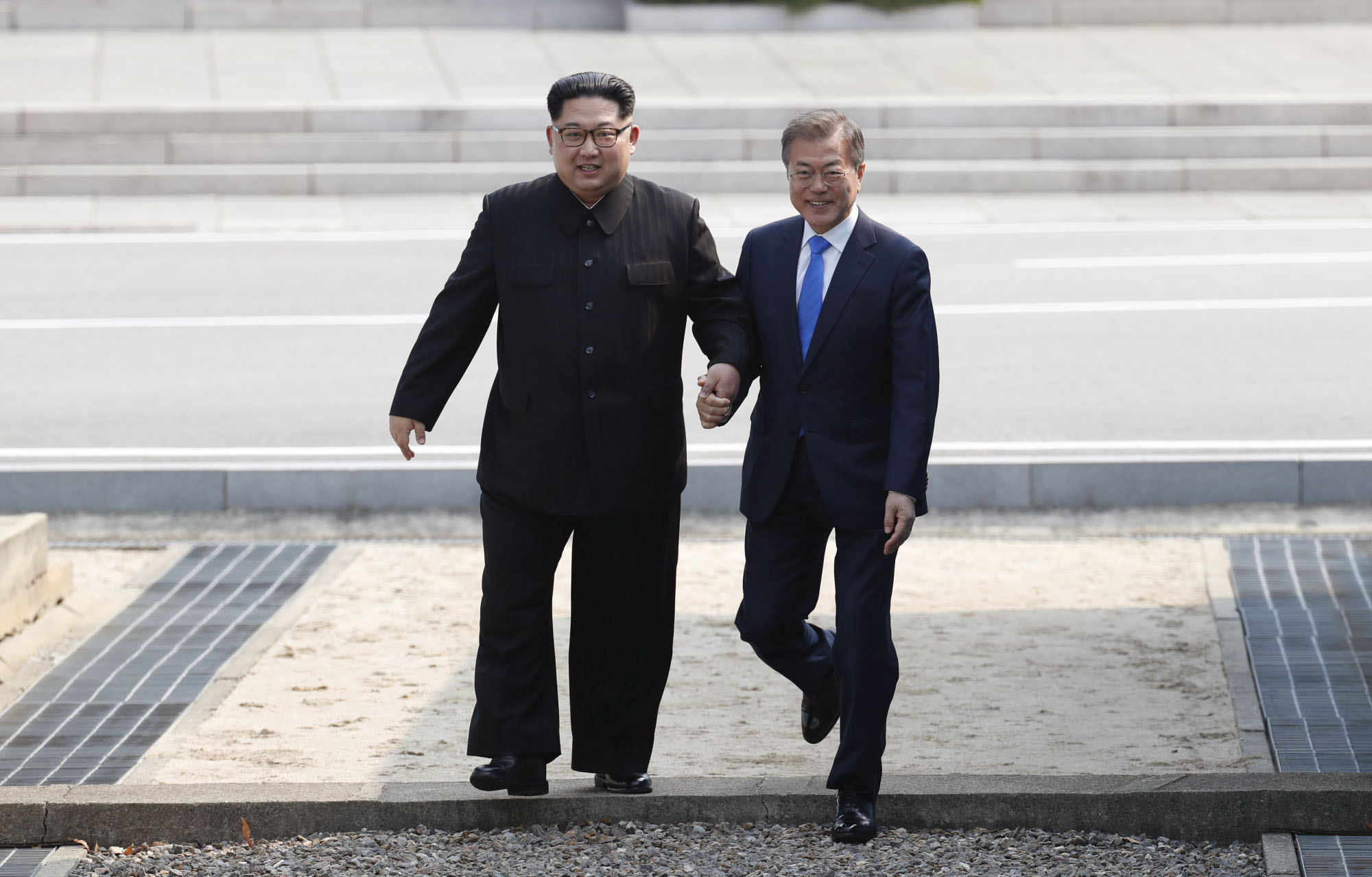In 1950, when Han Sung-joo was 10, shrapnel from an artillery shell lodged in his hip. This happened as U.S. Gen. Douglas MacArthur's troops, fresh from the bold Incheon landing, were retaking this city — it would be lost and retaken again — after North Korea's June invasion. The shell fragment was still there when Han served as his nation's minister of foreign affairs (1993-1994) and as ambassador to the United States (2003-2005). He lives today with this metallic reminder of the fact that his nation lives in a dangerous neighborhood. His brother-in-law died when North Koreans killed 17 South Korean officials in a 1983 attempt to assassinate South Korea's president during a visit to Myanmar.
North Korea's opaque regime possesses nuclear, chemical and biological weapons, and conventional artillery and rockets that could devastate large portions of this metropolitan area of 25 million without any infantry or armor crossing the 38th parallel. But North Korea's dictator, Kim Jong Un, is less unpopular among South Koreans than is Japan's Prime Minister Shinzo Abe.
Japan's 35-year colonization of the Korean Peninsula ended with World War II. Seventy-four years later, South Korea, where the anniversary of Japan's 1945 surrender is a national holiday, is jeopardizing its and Northeast Asia's security in order to pursue war-era grievances concerning Japan's exploitation of wartime labor.

















With your current subscription plan you can comment on stories. However, before writing your first comment, please create a display name in the Profile section of your subscriber account page.